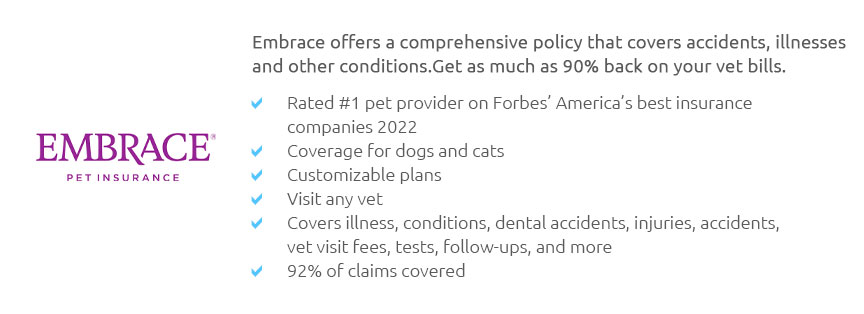 |
 |
 |
 |
 |
 |
|
 |
|
 |
|
 |
|
 |
|
 |
 |
 |
 |
 |
 |
 |
 |
Understanding Health Insurance for Dogs: A Comprehensive GuideIn recent years, the concept of health insurance for dogs has evolved from a niche offering to a mainstream necessity for many pet owners. With the increasing costs of veterinary care, dog health insurance provides a financial safety net, ensuring that your beloved pet receives the best possible care without causing undue strain on your finances. What Is Dog Health Insurance? Essentially, dog health insurance is a policy that covers specific veterinary expenses, akin to health insurance for humans. These policies typically cover accidents, illnesses, surgeries, and sometimes even routine care. However, understanding the nuances of these policies is crucial to making an informed decision. Why Consider Health Insurance for Dogs? One might wonder if health insurance for dogs is genuinely necessary. The answer lies in the unpredictable nature of life. Just as humans face unexpected health issues, dogs are susceptible to sudden illnesses or accidents. The cost of advanced veterinary treatments, such as surgeries or chemotherapy, can be prohibitively expensive. Insurance mitigates these costs, allowing pet owners to focus on their dog's well-being rather than financial constraints. Types of Coverage Dog health insurance policies vary widely, but they generally fall into three categories: accident-only, accident and illness, and comprehensive coverage.
Choosing the Right Policy Selecting the right health insurance for your dog involves careful consideration of several factors. First, assess your financial situation and your dog's health needs. Younger dogs might benefit from comprehensive policies that focus on preventive care, while older dogs may require policies that prioritize coverage for chronic conditions. Additionally, scrutinize the fine print of any policy, paying close attention to exclusions, waiting periods, and reimbursement levels. Factors Influencing Policy Costs Several factors influence the cost of dog health insurance. Breed, age, and location are significant determinants. Certain breeds prone to genetic conditions may have higher premiums, and older dogs generally incur higher costs due to increased health risks. Additionally, the cost of veterinary care can vary by region, impacting policy pricing. Conclusion While the concept of health insurance for dogs might seem superfluous to some, it offers peace of mind and financial security for many pet owners. By investing in a policy, you ensure that your furry friend has access to necessary medical care, potentially extending their life and enhancing their quality of life. As veterinary medicine continues to advance, having a robust insurance policy might not just be an option but a vital component of responsible pet ownership. https://www.allstate.com/pet-insurance
Pet health insurance helps cover certain medical expenses for your pet. It can provide peace of mind when your cat or dog has an injury, or faces a serious ... https://www.progressive.com/pet-insurance/
Pets Best offers an affordable, fixed-price pet insurance plan for broken bones, bite wounds, accidental swallowing of foreign objects, and other common ... https://www.petinsurance.com/dog-insurance/
Having pet insurance for your dog isn't just about covering costsit's about peace of mind. When your dog needs medical attention, the last thing you want to ...
|